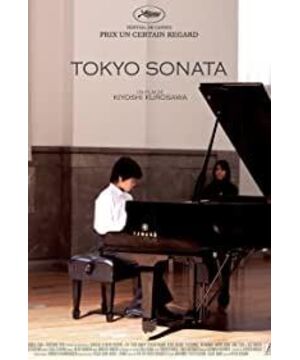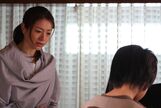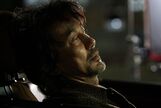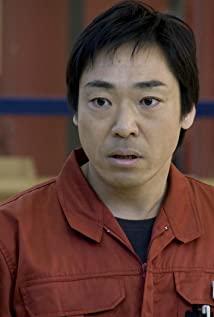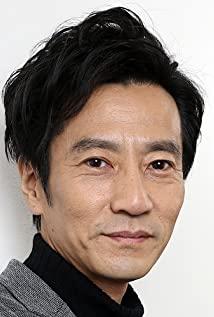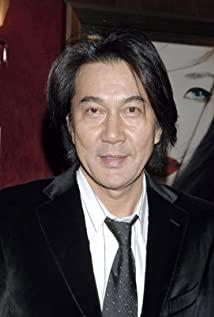From the sense of reality, the film can be divided into two parts. In the previous part, all kinds of contradictions and misfortunes in Sasaki's family surfaced one by one, intertwined with each other, and reached their climax. Then from this apex, things took a turn. The truth of the first part is the truth of the narrative: the head of the family is unemployed, the child resists the discipline of the parents, the good wife and good mother are willing but powerless, unable to find their own sense of existence... The various cruxes and pains in the Tokyo metropolis, Speaking in front of the light camera, it's a bit like "One One". Then, from the apex of misfortune, a turning point came. Some say this latter part becomes too dramatic. Actually, I think the question is not about drama or authenticity, but about what and why. If the first part of the movie is about how a "real" story happened, then the latter part is about how to continue living in the environment of Tokyo in the era of "our" since it has come to an end. . How "should" should be, this is a kind of hope, or a commandment, behind which is human thinking. Maybe I don't have enough say, but through the film, this kind of thinking shows its deep roots in Japanese life, so it becomes very deep and very real. Unlike some movies, such as "If You Are the One", there is no sincerity to pay attention to reality from beginning to end.
After being fired, I hide from my family, just because I can't bear my responsibility as the "head of the family"; "how can I easily take back what I said", otherwise what is the dignity of being a parent? ...There are too many examples in the movie that were analyzed in "Chrysanthemum and the Knife". What was summed up in books more than half a century ago is still projected in today's real life, and this is the most attractive part of the country of Japan. Délocalisée's company mercilessly lays off dedicated employees, children who evade fares will be sent to detention centers, cleaners in shopping malls use rags to wipe toilets at work, and wives are also respectful and obedient to husbands who fail in life... Strict social order There is no room for negotiation, it has been the case in past history, and it is still the case in the movies. They make up the staves of the sonata. Those who are out are just disappearing notes, like the black-bearded couple who committed suicide by gas, and the lockpicker who drove into the sea. Therefore, the music of life, it is best to move forward in the direction of the spectrum. Thus, we see that at the moment of the turning point, the Sasaki family made a break with their respective unfortunate pasts after awakening - still in a very Japanese way, of course. At the end of the film, the clarity and serenity of Debussy's "Moonlight", and the amazed and gratified expressions of the Sasaki and his wife, they complement each other.
View more about Tokyo Sonata reviews


